'Forever young': Poet, Nobel laureate Bob Dylan turns 80
"Blowin' in the Wind," "Mr. Tambourine Man" and many more: Dylan's songs were the soundtrack of DW's Susanne Spröer's youth. A take on the legend's birthday.

Then and now: Bob Dylan is still a legend at 80
My favorite Bob Dylan song is a lullaby. Dylan wrote it in 1966 for his son Jesse: "Forever Young" always tugs at my own heartstrings. Perhaps because I sincerely wish the same for my two sons, regardless of what life may bring: "May you always be courageous, stand upright and be strong, may you stay forever young."
Like so many of Dylan's songs, this one has been covered countless times by the most diverse of artists, from Bruce Springsteen to Harry Belafonte, Meat Loaf and the amazing Joan Baez. There are versions in many different languages, and even one in a mix of English and Kölsch, the dialect spoken in my adopted hometown of Cologne.
But I got to know Bob Dylan's music long before I came to Cologne. I was 13, and Dylan's songs became the soundtrack of my youth.
'A jingle jangle morning' under my school desk
The songs brought the big wide world to my doorstep in a village in southwestern Germany where I grew up in the 1970s. That's where we secretly smoked our first cigarettes on the dirt paths between vineyards, and strummed "Blowin' in the Wind" on the guitar around the campfire at youth camps. And rather than memorizing boring dialogues from textbooks, instead I secretly looked up Dylan's lyrics while sitting in English class. I wasn't always successful: I couldn't, for instance, find a "jingle jangle morning" in the school dictionary.
But when I heard "Mr. Tambourine Man," the song struck a chord in me: It evoked that morning after a night of partying, when a dreamcatcher wind chime rang softly in the summer breeze on the porch... But now, that is mere reverie.
Those moments, however, were my key to Bob Dylan's music. I understood few of the words at the time, but felt the music intensely. And unlike the English texts in schoolbooks, it wasn't important what Bob Dylan wanted to tell me with his songs. What was important was what they stirred in me.
Growing up in Minnesota
Like me, Bob Dylan grew up in a rural area. He was born Robert Allen Zimmerman on May 24, 1941, in Duluth, Minnesota, into a Jewish middle-class family that moved to the mining town of Hibbing a few years later. Robert learned to play the piano and guitar, and though was otherwise rather reserved, the teenager founded his first rock 'n' roll and jazz bands — feeling right at home on stage.

On the road to New York City: 19-year-old Bob Dylan
After high school, he enrolled at the University of Minnesota in Minneapolis to study art and music. But rather than sit in on lectures, he preferred performing songs by his new idol Woody Guthrie, accompanying himself with guitar and harmonica.
The myth of the vagabond: Riding a freight train to New York
In Minneapolis, Robert Allen Zimmerman renamed himself Bob Dylan — inspired by the poet Dylan Thomas, as he recounts in his memoir Chronicles, published in 2004.
Minneapolis soon became too small for him, and in January 1961, the 19-year-old left for New York City. By freight train, he claimed at the time — cultivating the image of a vagabond that fits his songs so well. (Only much later did he admit that he had actually traveled there quite comfortably by car).
With his folk repertoire, which was increasingly supplemented by his own songs, he played in cafes and clubs in the artists' district Greenwich Village. There, he also met Joan Baez, who was already a star of the folk music world at the time.
From folk vagabond to icon of the protest movement
When Baez took him with her on tour in August 1963, Dylan had already released two albums. But it was only through the joint performances on stage in front of tens of thousands people that his breakthrough came — it marked the beginning of an unprecedented career.

Icons of protest music: Joan Baez and Bob Dylan in Washington, DC in 1963
In a very short time, the 20-year-old became an icon of the protest movement. Alongside Joan Baez and Martin Luther King, Dylan took part in the March on Washington, where more than 200,000 people demonstrated against the Vietnam War and racial segregation, and Martin Luther King delivered his famous "I Have a Dream" speech. The following year, Dylan's third album, The Times They Are a-Changin, was released.
'The Times They Are a-Changin': also in the 1970s
Some 15 years later, the title song also became a protest anthem for me and my group of friends. "Come mothers and fathers throughout the land / and don't criticize / what you can't understand / your sons and daughters / are beyond your command" spoke right to our hearts. We, too, felt the times had to change.
After all, at the end of the 1970s, the world was in the grip of the Cold War. NATO and the Warsaw Pact states were irreconcilably opposed to one other, and it would take another 10 years before the fall of the Berlin Wall.
In addition, in January 1979, the first smog alarm was sounded in West Germany. In March of that year, we heard on the Tagesschau news program about the severe Three Mile Island nuclear power plant accident near Harrisburg, Pennsylvania, USA, the worst accident in the history of nuclear energy up until that time.
Dylan's lyrics seemed tailor-made for our youthful protests against nuclear power and pollution, and for our adolescent rebellion against parents and teachers.
'It Ain't Me, Babe': Not a voice of a generation
An icon of the protest movement, the voice of a generation — that was something he had actually never wanted to be, as he wrote in his autobiography: "All I'd ever done was sing songs that were dead straight and expressed powerful new realities," he wrote in Chronicles, reflecting back over the mid-1960s. "I had very little in common with and knew even less about a generation that I was supposed to be the voice of."
The year 1965 also marked a musical turning point: When Dylan played an electric guitar instead of an acoustic one for the first time at the Newport Folk Festival, the folk purists booed at him. Yet the performance was a historic moment: when folk went rock, and it became legend.
Dylan increasingly withdrew from the public eye. After a motorcycle accident in 1966, he disappeared for months, and he also did not appear at the Woodstock Festival in 1969.

Dylan as actor and film composer: 'Pat Garrett and Billy the Kid'
In the years that followed, Dylan experimented with different styles of music and tried his hand at acting in Pat Garrett and Billy the Kid. Despite being a Jew, at the end of the 1970s, he turned to Christianity and began composing gospels. Following the collapse of his first marriage in 1977, he remarried in 1986, ultimately becoming the father of six children.
Though the beginning of the 1980s was wrought with crisis, he made a comeback, returning toward the end of the decade with his The Never Ending Tour, which began in June 1988 and continues to this day. He plays approximately 100 concerts a year, and has continued to release albums. However, the COVID-19 pandemic in 2020/21 threw a wrench in his tour plan.
Multiple award-winner, including the Nobel Prize
In the past decades, Bob Dylan has garnered massive international accolades, including numerous Grammys, an Oscar for the film song "Things Have Changed" and the prestigious Pulitzer Prize. In 2012, former US President Barack Obama awarded him the Presidential Medal of Freedom, the highest honor in the United States.

Former US president Barack Obama bestowed Dylan with the country's highest honor in 2012
And in 2016, Bob Dylan received the Nobel Prize for Literature, the first musician ever to do so: He had "created new poetic forms of expression within the great American song tradition," the jury stated.
Regarding the Nobel Prize, Dylan reacted in typical fashion — not at all, at first. Then he sent Patti Smith to the award ceremony to perform his song "A Hard Rain's A-Gonna Fall." Eventually, he did pick up the award, in a small, non-public circle. Instead of the usual, required lecture as deemed by the academy, he sent a sound recording, with a nod to musical and literary role models.
'May you stay forever young'
In 2020, Dylan released his latest album Rough and Rowdy Ways (though it will likely not be his last). To mark the occasion, he gave a rare interview to The New York Times. Asked how he does it, staying fit and balancing mind and body, he said, "I like to think of the mind as spirit and the body as substance. How you integrate those two things, I have no idea. I just try to walk on a straight line and stay on it, stay on the level."
Is it strange to wish someone a "happy birthday" using words from one of their own songs? Not if the words are pitch perfect. In that spirit: "May your heart always be full of joy, your songs never forgotten, and may you stay forever young." Happy 80th Birthday, Bob Dylan!
This article was translated from German by Louisa Schaefer.








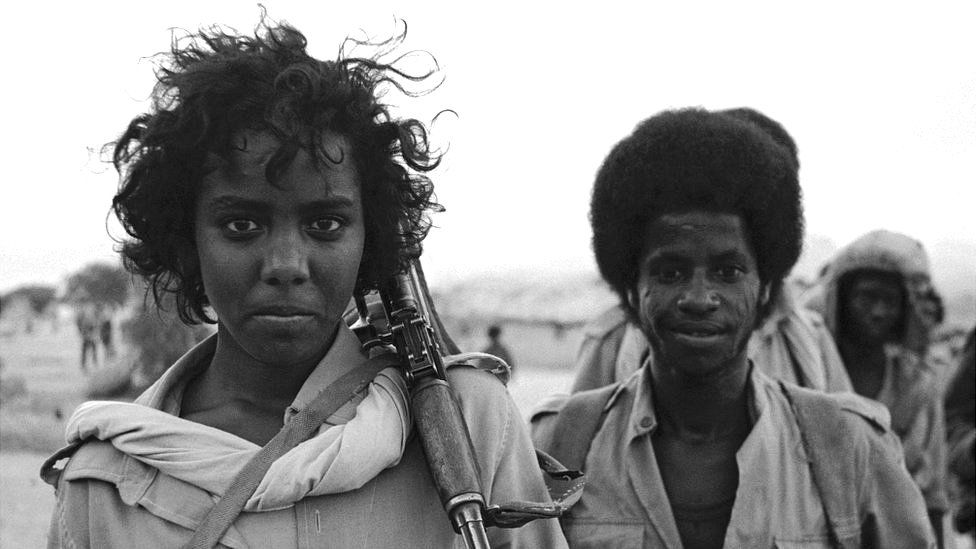

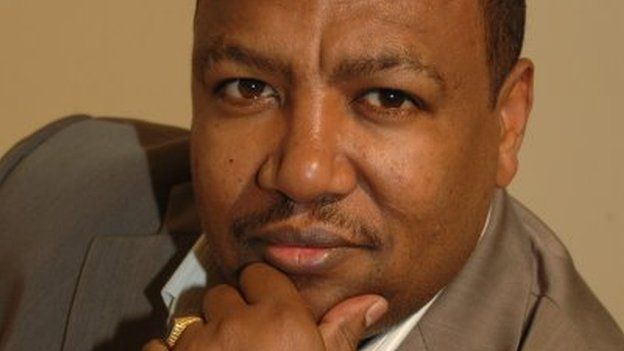
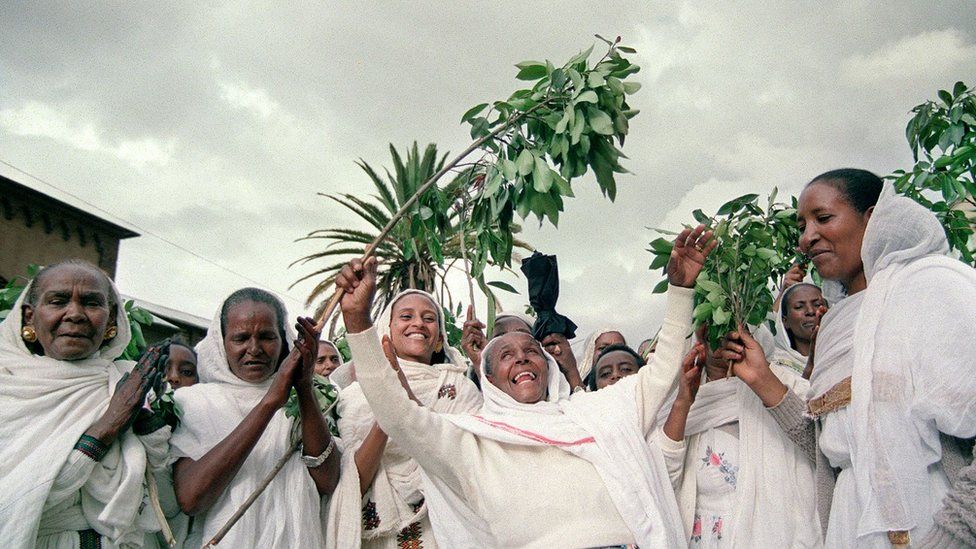
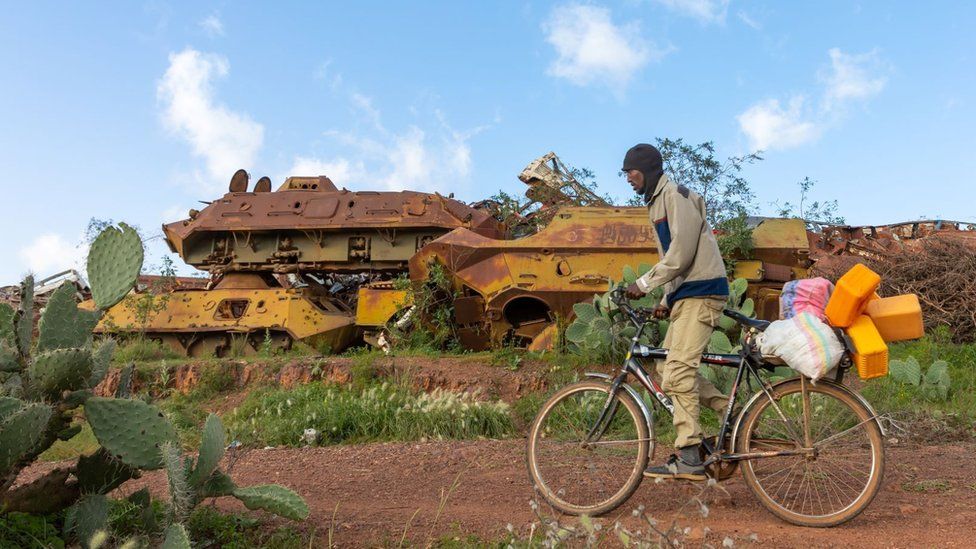


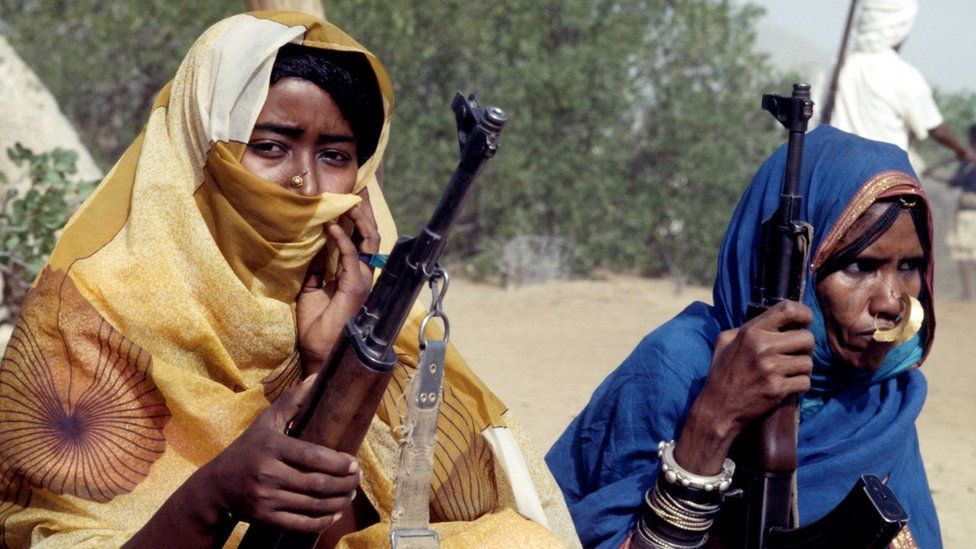
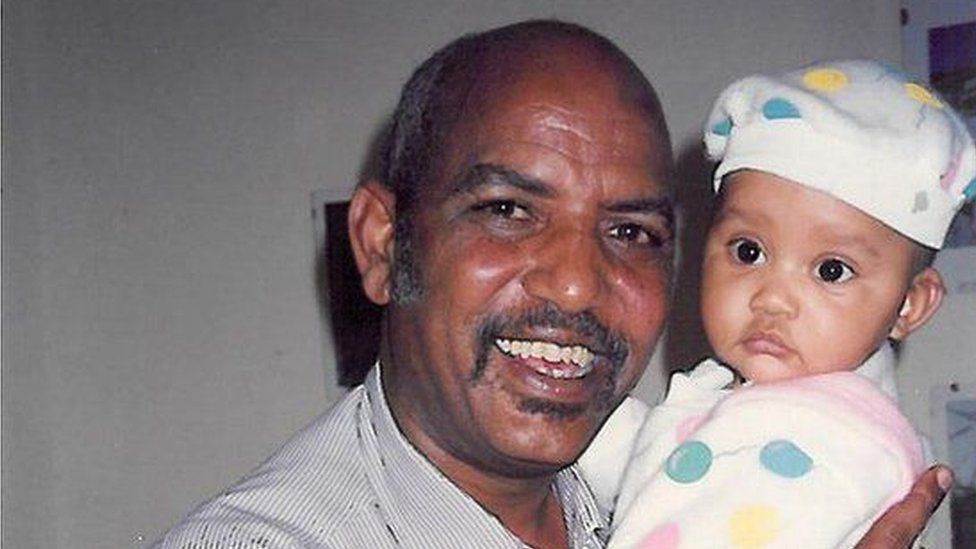 I
I




